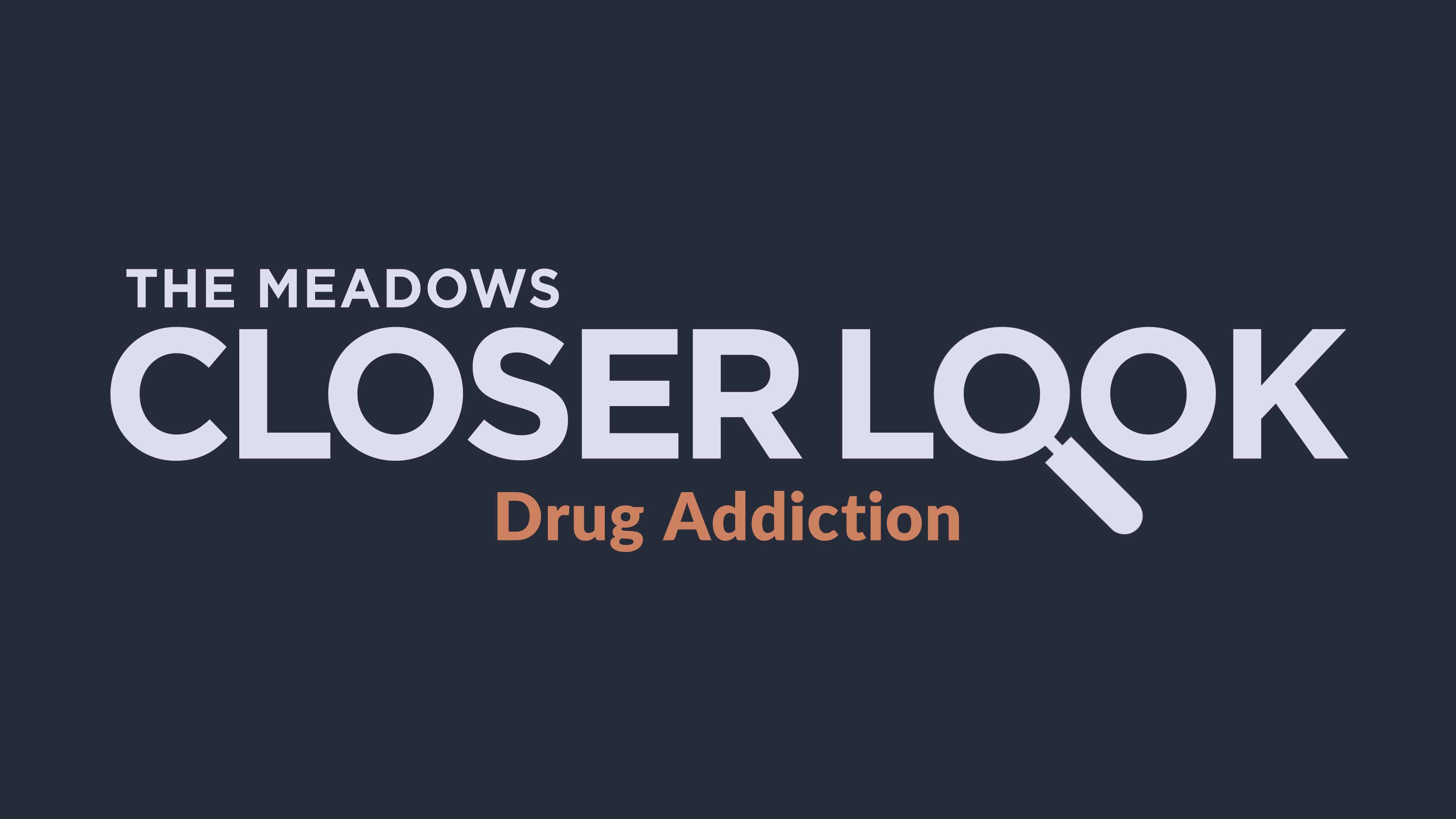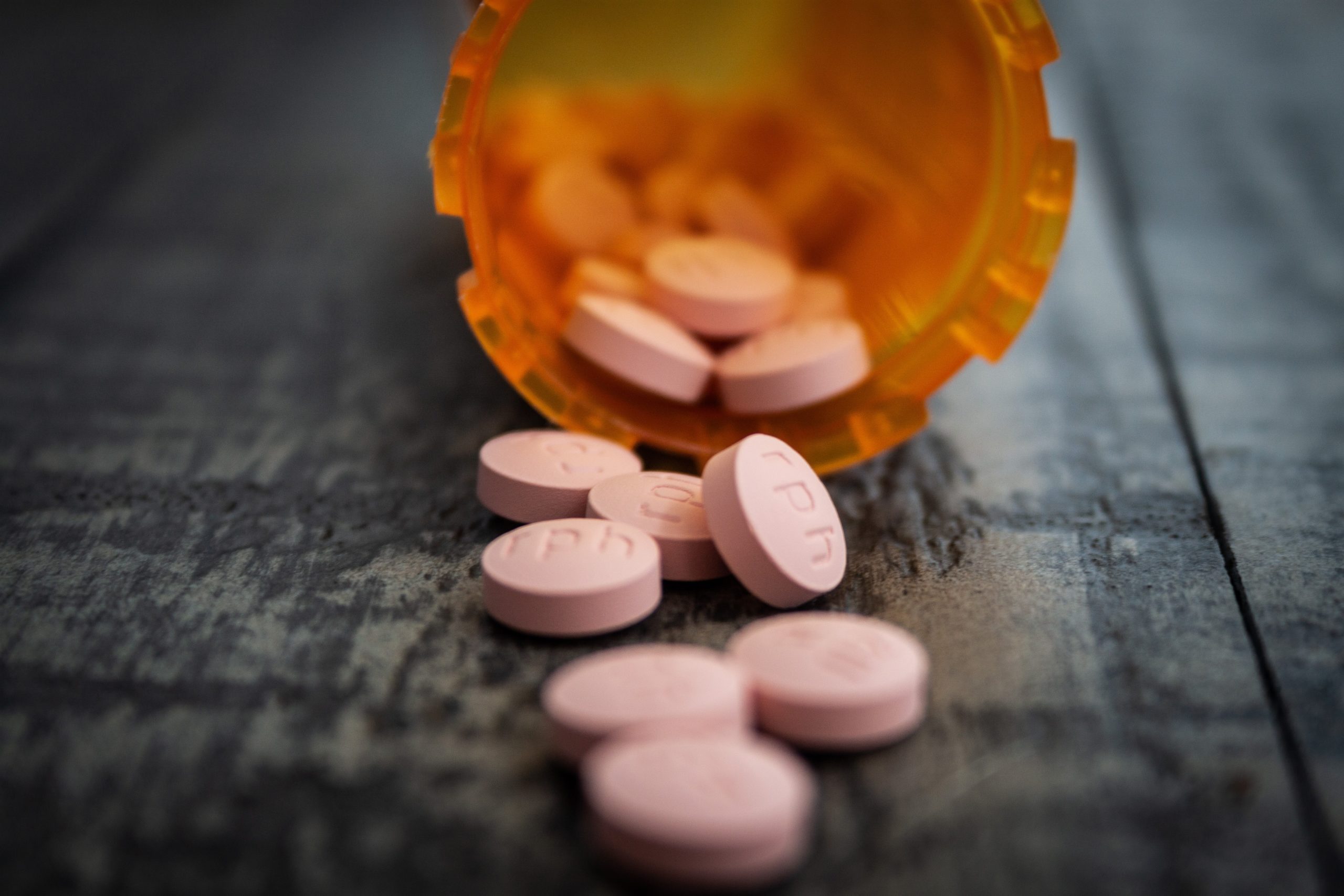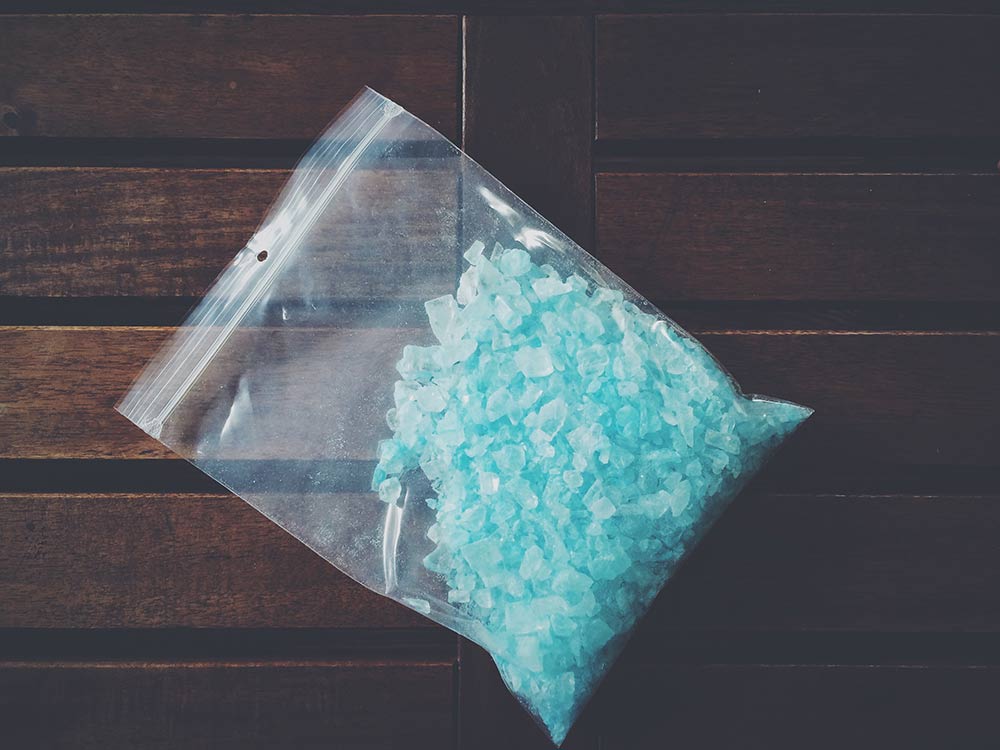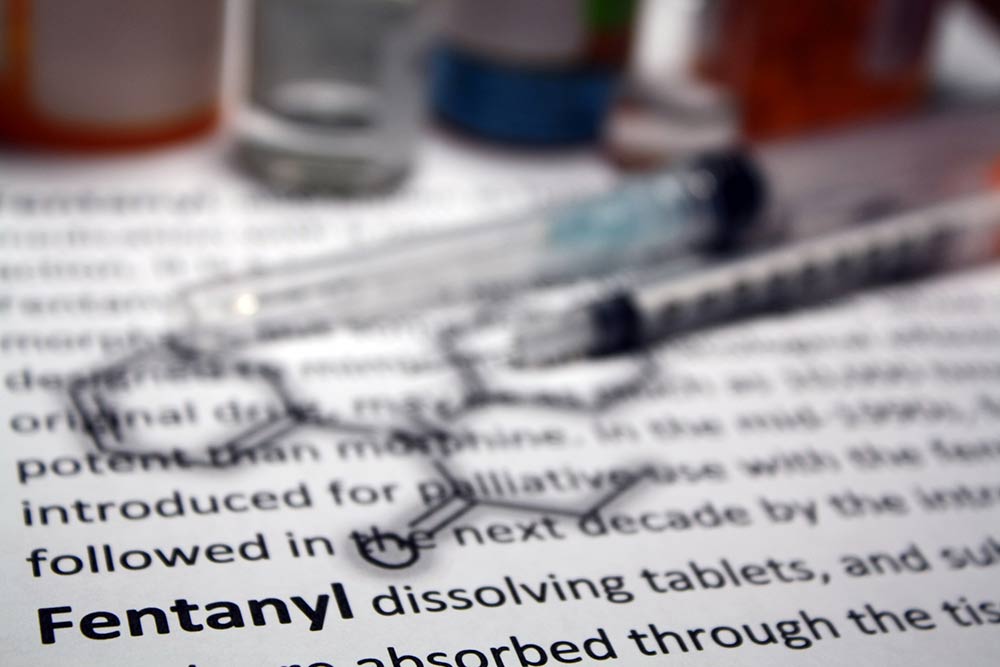Drug Addiction
From prescription meds to illicit substances
What is Drug Addiction?
Most people who experiment with drugs never expect it to become a full-blown battle with addiction. In the beginning, it can feel like a seemingly harmless escape from physical or emotional pain. But with prolonged use, the brain’s chemistry begins to change. Instead of something you have control of, your brain begins signaling an intense need for the drug of choice. What was once recreational becomes a habit that controls your life. In full-blown addiction, the high isn’t even the goal anymore, it’s often just using in order to feel somewhat normal.
From prescription drugs originally obtained for legitimate medical reasons to illegal substances used recreationally, the misuse of mood-altering substances is on the rise. Whether its cocaine, marijuana, meth, fentanyl, heroin, or prescription pain pills like oxycontin, they take a physical and psychological toll that can’t be ignored or underestimated.
Articles About Drug Addiction
Admissions
Our Admissions team is here to help 24 hours a day and is experienced in assisting others with compassion, dignity, and respect — hallmark values of The Meadows for more than 45 years. The Meadows’ Admissions Specialists are here to help you on your way to a healthier and more productive lifestyle. When you call, they will lead you through a series of questions to determine if The Meadows is a good fit, and how soon your treatment can begin. If you are interested in The Meadows for yourself or a loved one, call or fill out an admissions form today!
If you are interested in The Meadows for yourself or a loved one call or fill out an admissions form today!
Contact our Admissions office
 928-260-3568
928-260-3568
For international callers
 928-668-1999
928-668-1999
Or complete an admissions contact form:
Click below to start the admissions process today










